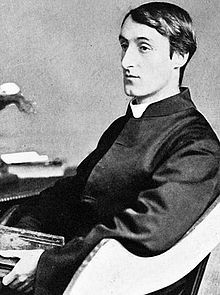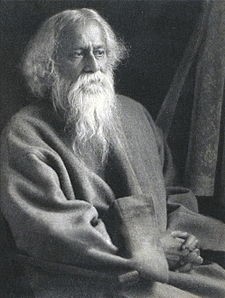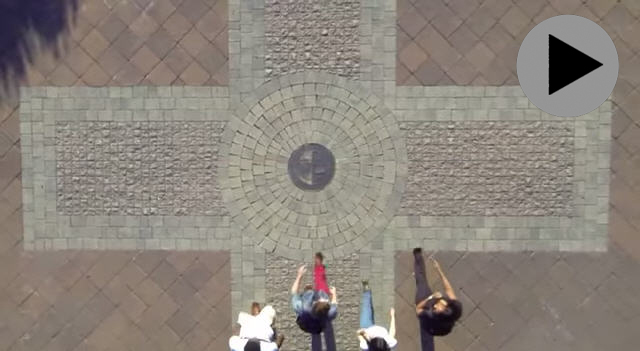Monday, March 11, 2019
“Because the Holy Ghost over the bent
World broods with warm breast and with ah! bright wings.”
Often when I wake, sometime between 5:30 and 7:00, I pick up my iPhone 8 and whisper “weather” to it and wait for its modest trove of predictions for the day; later at my laptop, I stretch weather capacity with Weather.com on my laptop’s larger screen. But the 8’s first look invites my eyes out the window looking West and sometimes my next move is to open my window and lean out into the weather and the soft sounds of morning traffic on Livernois. Today, though, the 8 confused me. Clear all day it told me even though the sky was dull gray instead of the dawn sunlight kissing the tops of the trees in the yard.
It only took a few minutes to solve that riddle – – – > Daylight savings time, of course! My body is up when the earth, rather than clocks, treats me to early dawn, no traces yet of its first bright touches on the trees. Some research tell us that traffic accidents increase c. 6% on this day; losing an hour of what your body had come to expect as normal sleep time dulls the senses and makes for driver errors — about 6% more of them than last week or probably next week.
Why these ruminations about sleep and sunrise took me to one of my deepest poems from one of my most beloved poets I am not sure. Doesn’t matter. It would be hard to find more sheer linguistic beauty than Gerard Manley Hopkins celebration of the earth as a dwelling place of God.
Best to read the poet out loud, with pauses, several times. Perhaps as a moment of gladness and gratitude for an open sky that traces its finger tips across Livernois and caresses my city. Yours too, I hope.
Have a blest week.
john sj
Today’s Post: Gerard Manley Hopkins, sj “God’s Grandeur”
The world is charged with the grandeur of God.
It will flame out, like shining from shook foil;
It gathers to a greatness, like the ooze of oil
Crushed. Why do men then now not reck his rod?
Generations have trod, have trod, have trod;
And all is seared with trade; bleared, smeared with toil;
And wears man’s smudge and shares man’s smell: the soil
Is bare now, nor can foot feel, being shod.
And for all this, nature is never spent;
There lives the dearest freshness deep down things;
And though the last lights off the black West went
Oh, morning, at the brown brink eastward, springs —
Because the Holy Ghost over the bent
World broods with warm breast and with ah! bright wings.
Gerard Manley Hopkins 28 July 1844 – 8 June, 1889









